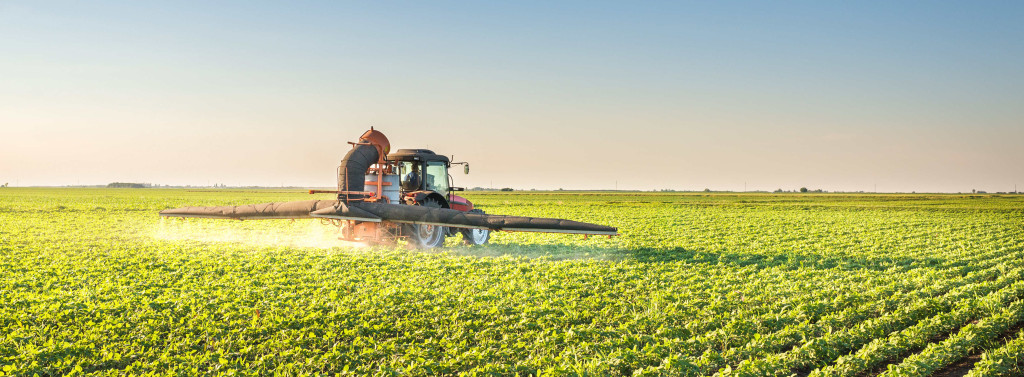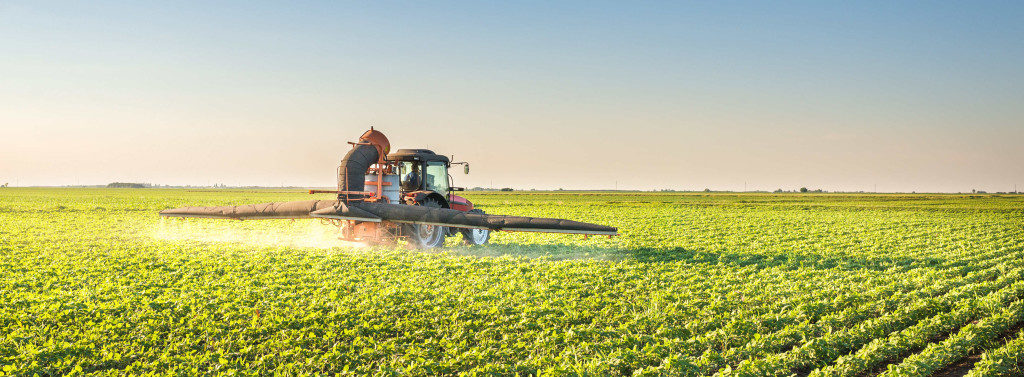 In today’s talking points: Sterile fruit fly developed to reduce fruit fly population; NGO Green Volunteer League of Chongqing sues large food delivery businesses over non-biodegradable packaging; Encouraging outlook for live cattle export industry; Chinese mandarin juice company hoping for sweet yield on Australian soil.
In today’s talking points: Sterile fruit fly developed to reduce fruit fly population; NGO Green Volunteer League of Chongqing sues large food delivery businesses over non-biodegradable packaging; Encouraging outlook for live cattle export industry; Chinese mandarin juice company hoping for sweet yield on Australian soil.
Sterile fruit fly developed to reduce fruit fly population
A partnership of horticulture and government stakeholders are looking to reduce the threat of the fruit fly in Queensland by breeding a sterile version of the fly in laboratories. The partnership, Sterile Insect Technique Plus (SITplus), are breeding the flies for release in 2019 with the hope that they will mate with the wild female population to reduce the population of fruit flies in affected areas. Researchers at the breeding facility have recently developed a new source of food for the flies that will double the population to $100 million. Fruit flies are extremely damaging to the agriculture industry costing more than $300 million each year.
Read more at: ABC
NGO Green Volunteer League of Chongqing sues large food delivery businesses over non-biodegradable packaging
China’s issue around plastic bags and non-degradable boxes and utensils has been brought to the forefront again, 9 years after restrictions were introduced. The Green Volunteer League of Chongqing has filed a lawsuit against Baidu, Meituan and Ele.me for their role in the Chinese food delivery market and its use of plastic and non-degradable products. According to the NGO, consumers claim that when ordering food online, there is no option to choose more environmentally friendly packaging. As a result of the lawsuit, Baidu, Meituan and Ele.me have said they will put an option when ordering food, for people to choose whether or not they want disposable cutlery.
Read more at: SCMP
Encouraging outlook for live cattle export industry
Live cattle export numbers have dropped in 2017, with industry figures pointing to the impact of steep cattle prices and a “tight” domestic availability. But the Weekly Times reports the most recent 2017-2018 forecasts are encouraging — with the Australian Bureau of Agricultural and Resource Economics predicting that live cattle exports are set to increase by 4 per cent. It comes as exporter Wellards recently announced it would send 2000 slaughter cattle to China, in what is expected to be the largest shipment of its kind from Australia yet. Its CEO Mauro Balzarini told the Weekly Times that China held significant promise for the Australian industry, as it imported cattle “of different specification to Vietnam and Indonesia”.
Read more at: Weekly Times
Chinese mandarin juice company hoping for a sweet yield on Australian soil
A Chinese beverage business is seeking investors as it looks to cultivate its Nanfeng mandarin fruit on Australian soil. China’s Bojun Agricultural Holdings is seeking to make the most of the growing mandarin juice industry following its recent signing of a memorandum of understanding with the New South Wales government regarding trial plantings. According to Queensland Country Life, Bojun is planning to float its business on the Australian Securities Exchange later this year. It’s preparing to fund crop research through its local listing, before “buying or leasing orchard country and establishing ties with existing citrus growers”. The company believes the mandarin drink’s much-touted health qualities could be even greater if the ingredients were produced on Australian soil.
Read more at: Queensland Country Life

